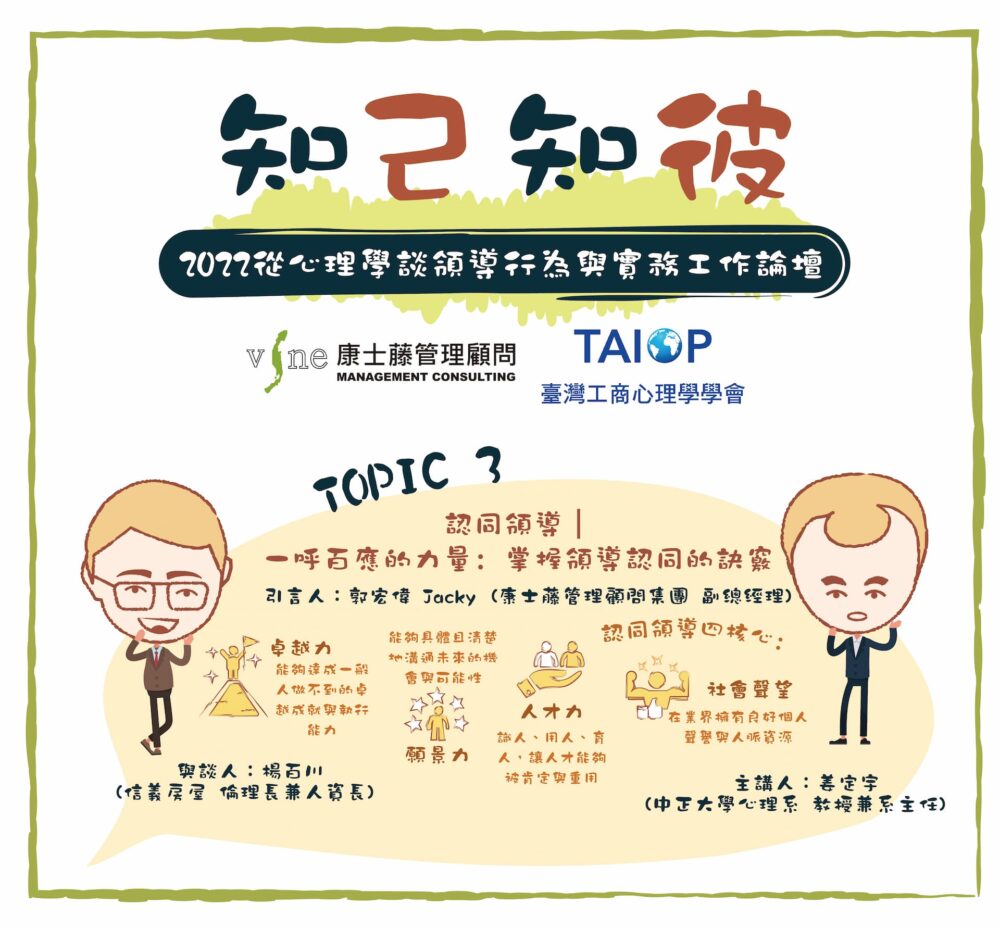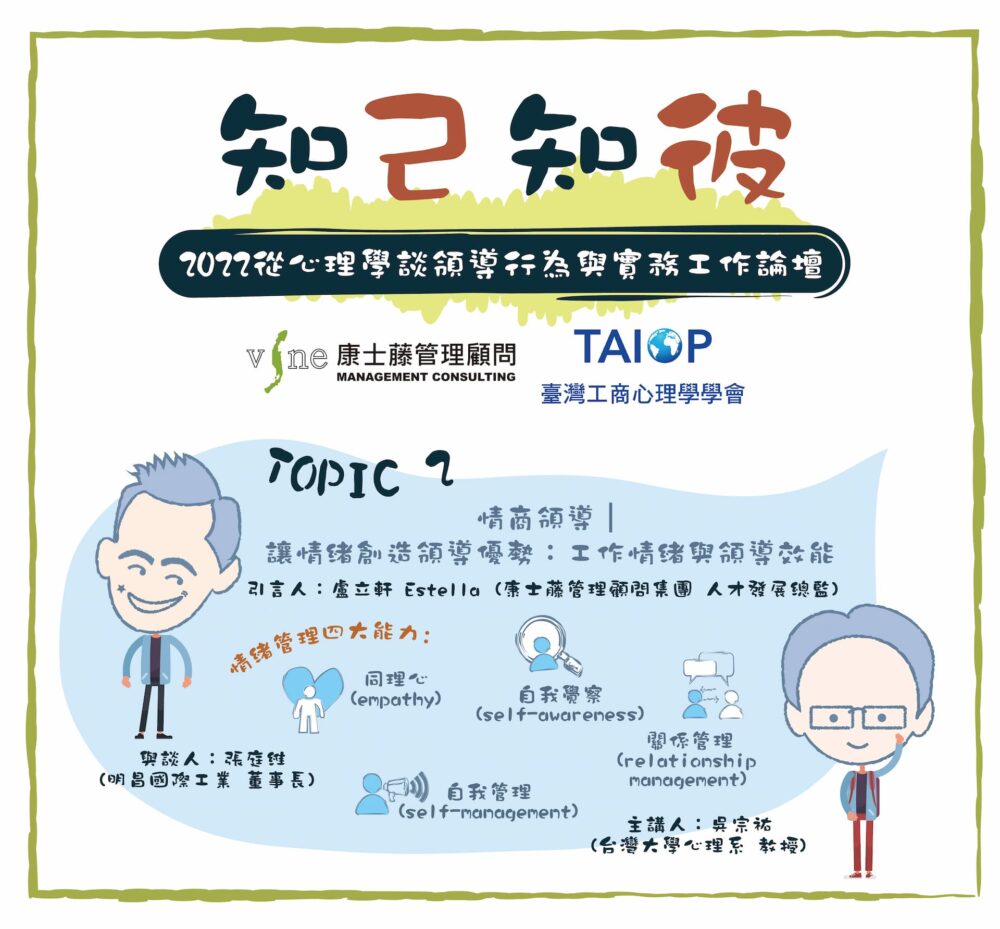Innovation|Let the frame change from a solid line to a dotted line
In the face of uncertainty and rapid change in the future, innovative thinking is indeed an important ability to face organizational transformation or change. Innovation allows people to think in multiple ways to solve problems or create greater value, and innovation that creates corporate value is precisely because the problem solved is the right problem. This forum emphasized the perspective of innovative thinking to look at the problems encountered by organizations today.


